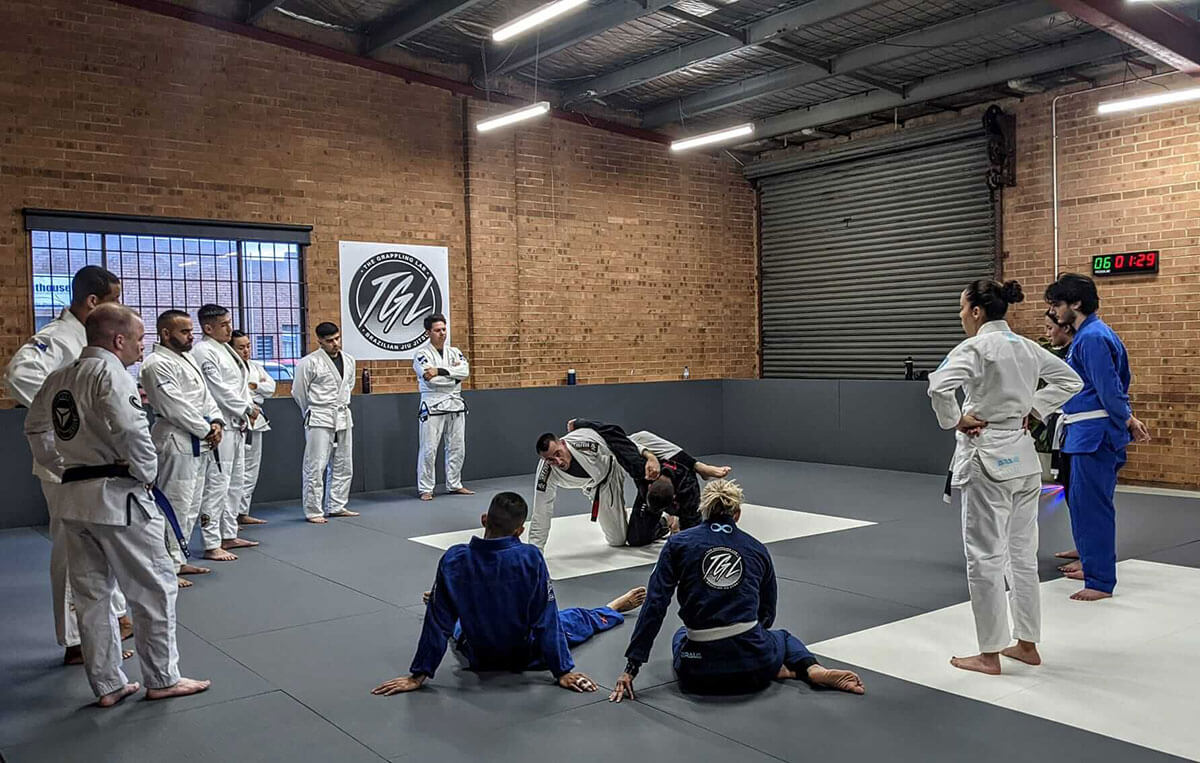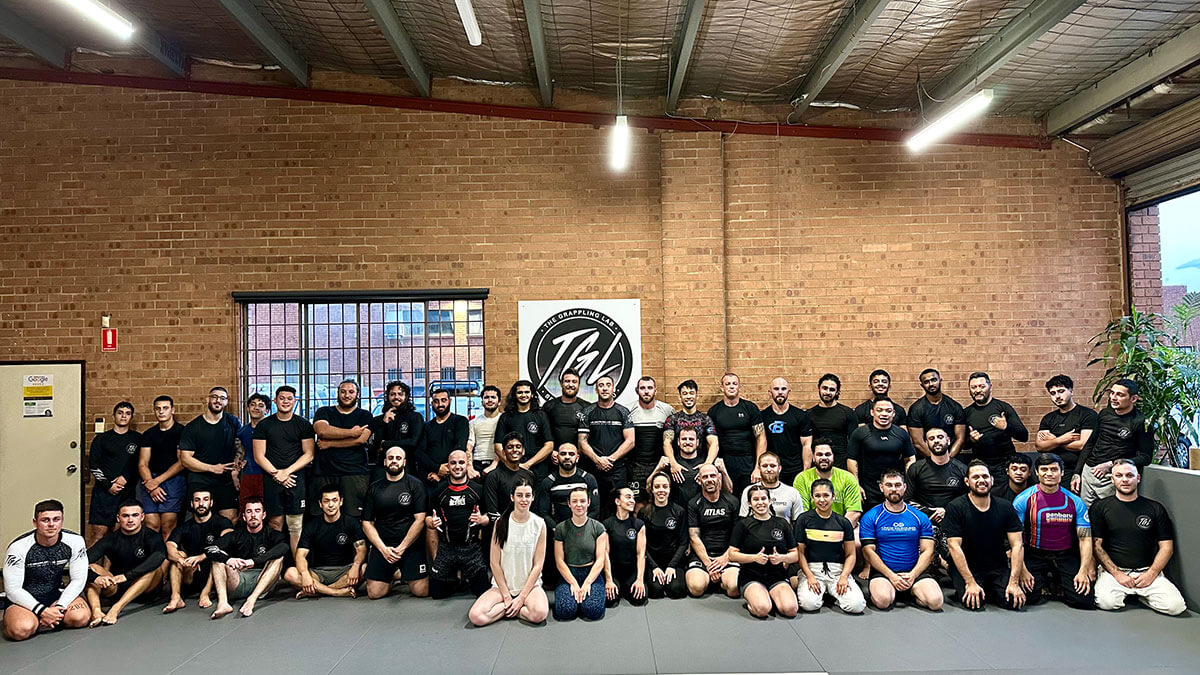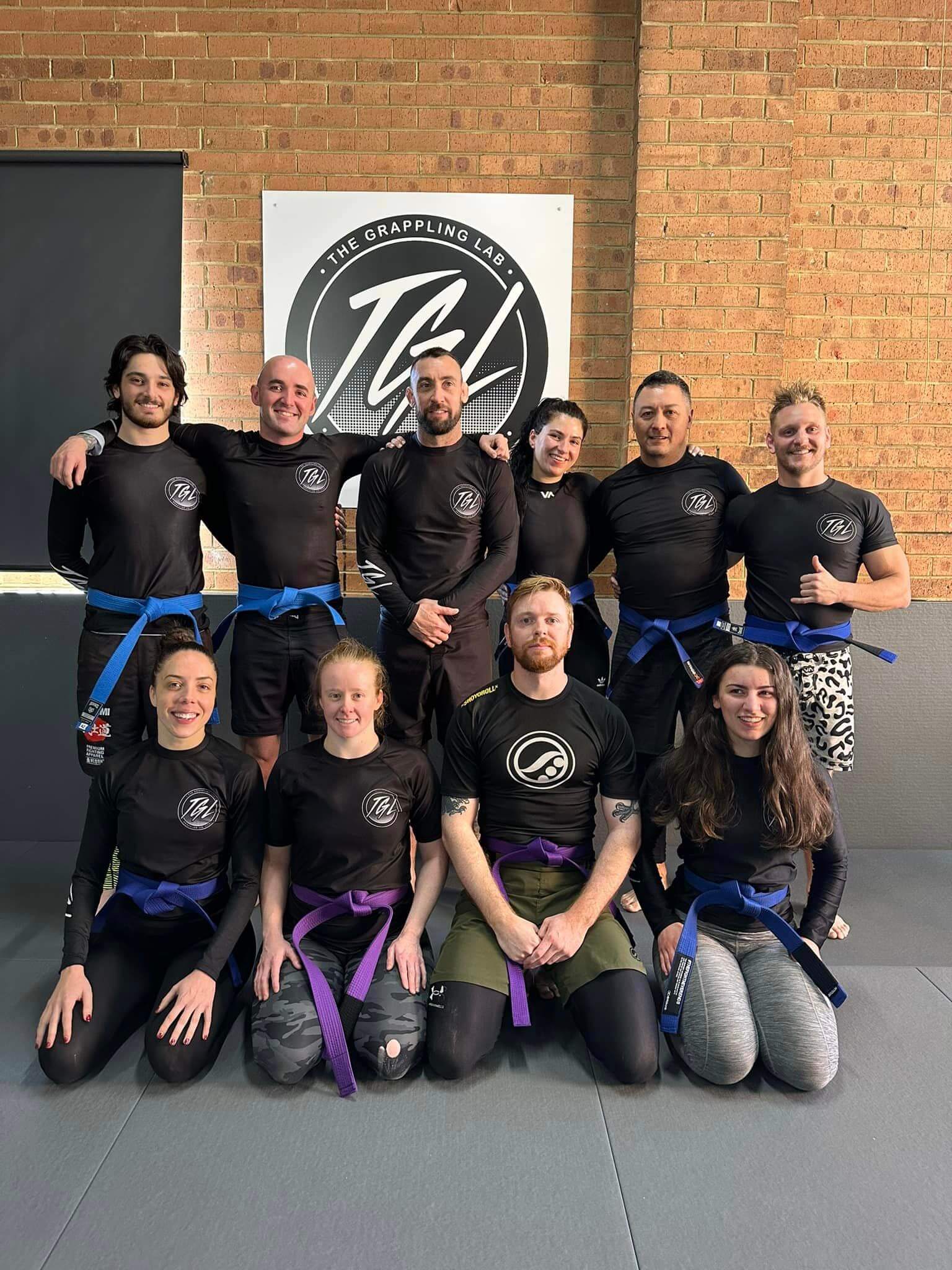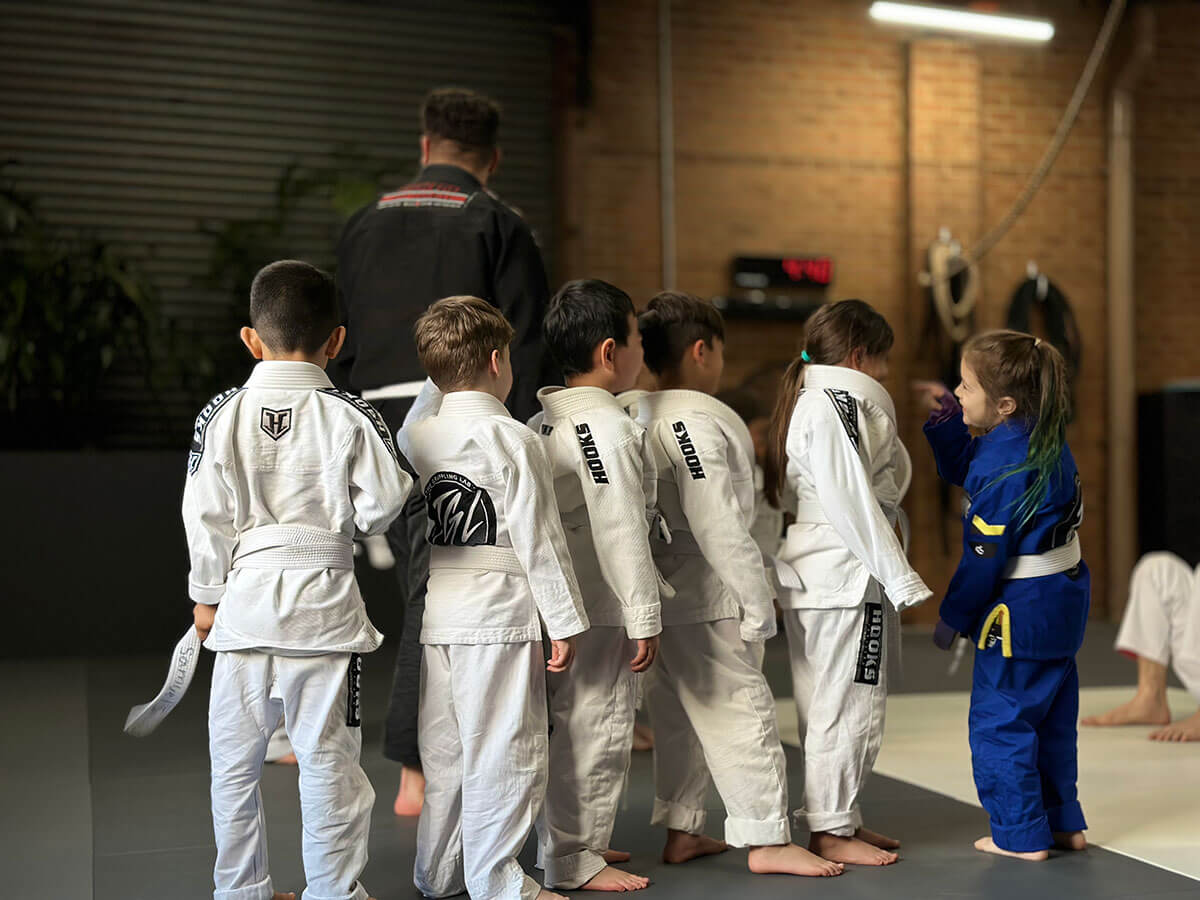Being a Brazilian Jiu-Jitsu white belt is a rollercoaster of highs and lows. One minute, you’ll be buzzing after scoring your first tap, or nailing your first sweep. The next week, you’ll spend 3 consecutive sessions getting demolished by someone way more experienced (and they probably aren’t even trying).
There’s no two ways about it – BJJ can be soul-crushing. Here’s the good news: you’re not the first to feel this way, and you definitely won’t be the last.
Having done BJJ for over 15 years, I’ve seen hundreds of newbies come and go. More often than not, they’re making the same mistakes. In no particular order, here are my top five:
1) Bringing their ego onto the mat
There’s no secret sauce to BJJ – like pretty much anything else in life, you’ll get better by doing it. In practical terms, this means you’re spending time on the mat running drills and rolling with other people at your gym.
With this in mind, you don’t need to be Einstein to understand that getting injured is counter-intuitive to getting better at BJJ.
If you’re serious about getting better quickly, leave your ego at the door, and start tapping when you’re in a bad spot. Nobody cares about how tough you think you are, and you’ll get to spend more time actually learning to become a badass.
2) Freaking out under pressure
No matter how much of a beast you are, sometimes you’ll find yourself in a position which flat-out sucks. You might end up carrying your opponent’s entire weight on your torso, fighting a rear naked choke, or getting your chest caved in with a knee.
As a BJJ newbie, this sucks. You don’t have much of a skillset to fall back on, meaning that more often than not, you’re likely to freak out in these situations.
Whilst physicality helps in BJJ, technique is king. You can’t execute proper technique if your mind (and body) are going at 200 miles an hour. If you’re overwhelmed, the most beneficial thing you can do is to chill out.
Take a moment, breathe, and assess the situation. Even if you don’t have the counter to everything your opponent will throw at you, getting in the habit of keeping cool will set you up for success as you gain experience.
3) Not being coachable
I’ve shared the mats with people from all sorts of creeds and walks of life; I’ve rolled with cops, doctors, businesspeople, tradies, and everything between. Here’s the catch – for many, in their day-to-day lives, they’re used to being an undisputed source of knowledge in what they do.
This generally isn’t an issue. However, when an ego tripper who doesn’t like to listen enters the gym, it’s not going to end well for anyone involved.
Let me put it like this – you wouldn’t go to a hospital and tell a surgeon how to do his job, so why would you do it in the gym? Even taking their professionalism out of the equation, your coach has an active, bottom-line interest in seeing you succeed – if you’re getting better at BJJ, you are also more likely to stick around at the gym.
Chances are, if your coach is telling you something, it’s going to make you better. Take the advice, use it, and eventually you might even become an expert yourself.
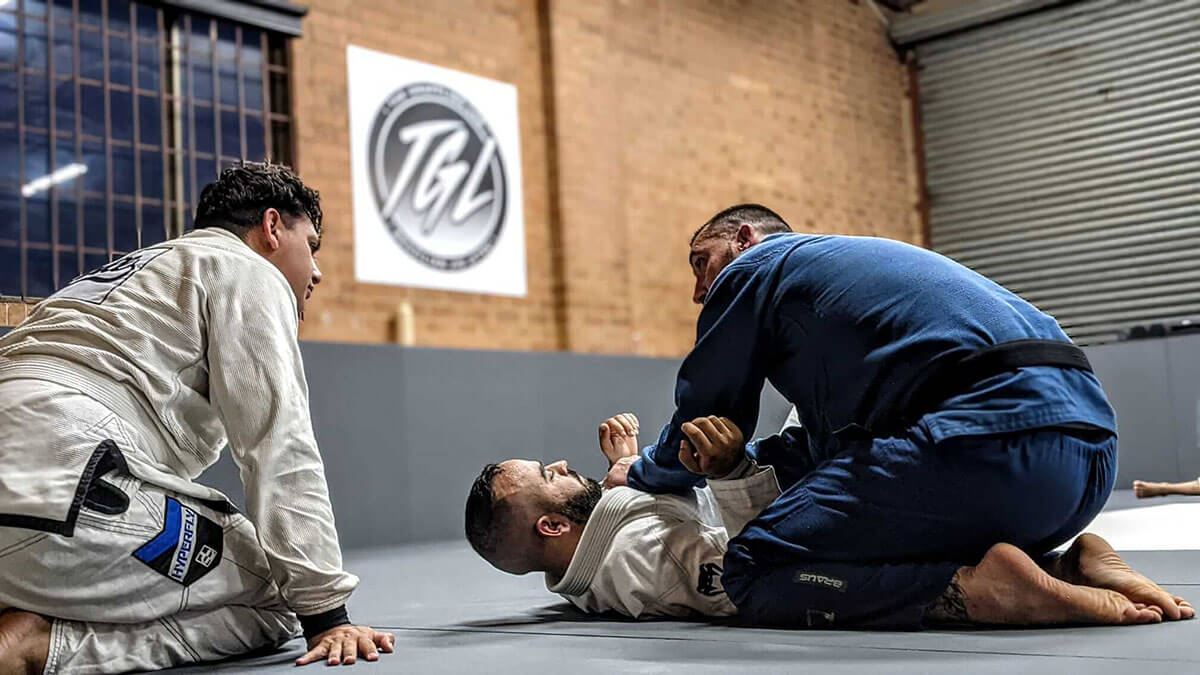
4) Rushing
Learning a technique for the first time isn’t easy. There’s dozens of details in BJJ that can make the difference between getting tapped, or losing your position.
A really common weakness that I see in inexperienced practitioners is a lack of patience when rolling. This also translates into their drills – their head will be swimming with information, and often, they’ll end up rushing through a drill, rather than breaking it down, step-by-step.
In BJJ, the devil is in the detail – more often than not, it’s the little things that move the needle the most. In the same way that you wouldn’t be able to understand a movie in fast-forward, you’re going to struggle to properly understand the fundamental steps of a BJJ technique if you’re rushing through it.
Instead, focus on breaking it down into digestible steps. Getting good at a technique will happen as you drill it. For now, focus on building muscle memory of the correct technique. You’ll avoid developing bad habits, and be setting the foundations to make yourself a future beast.
5) Not appreciating the journey
BJJ has a way of knocking you down a peg anytime you’re getting a bit too high. As I like to put it – sometimes you’re the windshield, sometimes you’re the bug.
Chances are, early on, you’ll be feeling like the bug more often than not – and that’s normal. Getting good at BJJ is a long game – if my career was a person, it’d be getting its driver’s licence next year. You’re not going to be an overnight success, and you can be damn sure that it’s not all beer and skittles along the way.
Here’s the good part – especially early on, you will learn a lot, very quickly. You’ll learn composure in the face of adversity, the importance of technique over muscle, that improvement is more valuable than winning, and you’ll gain confidence to defend yourself in real-life situations.
Being a BJJ white belt isn’t glamorous, but you’ll see yourself improve faster than at any other stage. Yes, you’ll spend plenty of time getting creamed by better practitioners – but that’s not the point. We train to get better, not to beat the people we share the mats with. Don’t focus on the wins and losses; instead try to acknowledge every incremental improvement you make. Appreciate every step on your journey – even when you’re the bug.

